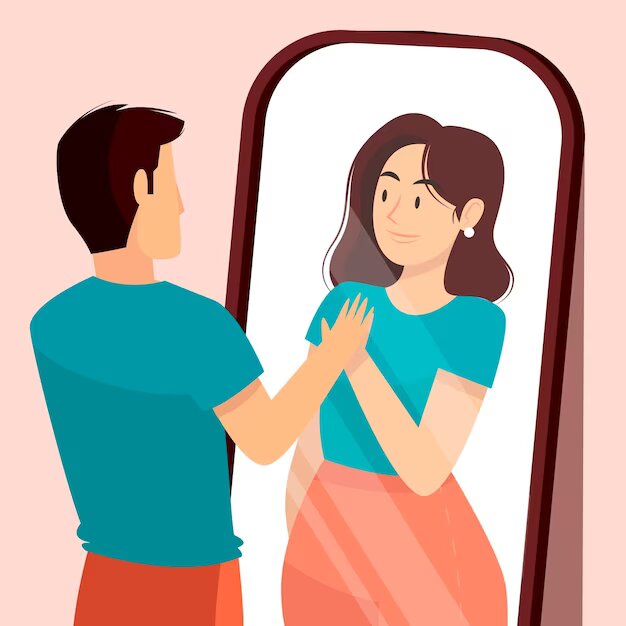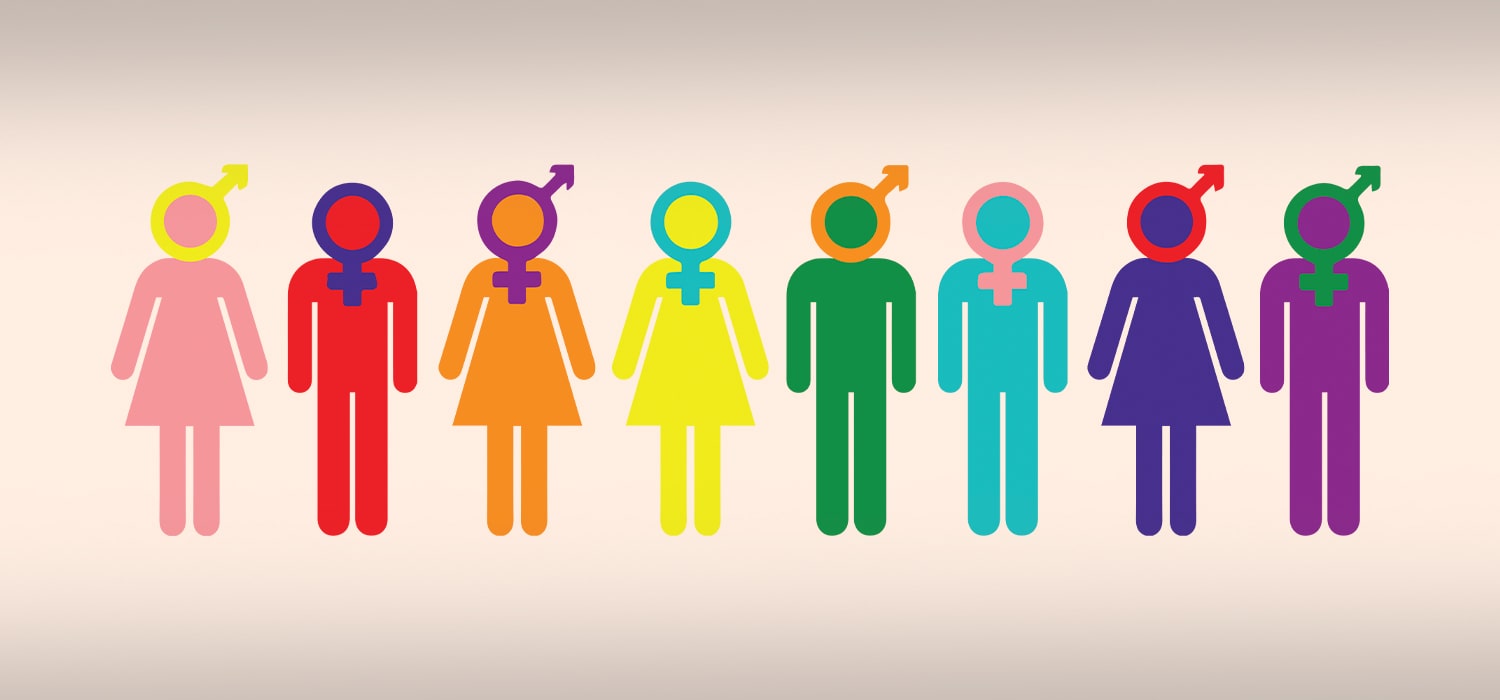LGBTQ + Infertility: Family Building, Fertility Options, and Legal Aspects
It is important that we recognize the current situation that there are many reasons for seeking fertility treatments. It could be because of a specific organ dysfunction, or hormonal problems, or it could also be because the person is single or the person and their partner belong to the LGBTQ+ community. LGBTQ+ community stands for Lesbian, Gay, Bisexual, Transgender, Queer, and expanding inclusions to this community.
LGBTQ+ And Family Building
The term “LGBTQ+ family” denotes lesbian, gay, bisexual, transgender, queer individuals or couples and their children. The community of LGBTQ+ people having families is evolving and fast growing. There are different ways the LGBTQ+ community can create a family. They could already have children from a previous relationship. Otherwise, they could adopt, co-parent, or offer foster care. However, if they wish to have their genetic child, there are possibilities. Many people in these communities either as an individual or as a couple have profited through various forms of infertility treatment involving assisted reproductive technology to achieve pregnancy and childbirth.
In the year 2019, Lesbians were one of the fastest-growing client groups in the UK seeking fertility treatment. The UK gender clinic has increased rapidly for transgender men who want to be parents. In the past decade, there has been a 15-20% increase in the livebirth rate in this group. In Australia, there are more than 10,000 children who live with same-sex parents.
Some of the fertility methods for the LGBTQ+ Community are as follows,
- IUI- Intrauterine insemination
- IVF- Invitro fertilization
- Donor sperm/oocyte/embryo
- Surrogacy
LESBIAN PARENTS TO BE

Lesbian generally denotes a woman who has a romantic and/or sexual relationship with a woman. There are several options for Lesbians to have their own genetic family, they are as follows
Option 1:
Intrauterine insemination (IUI) with donor sperm/ sperm from a friend/ family member. IUI is a fertility treatment where the sperm is placed directly inside the uterus which gives it a better chance at fertilizing the egg. It is a simple low-risk procedure that takes about 5-10 minutes. IUI can be repeated up to six times. It can be used for Lesbian couples/individuals.
Option 2:
Traditional IVF - is used in cases where only one partner (or a single individual) wants to physically and genetically contribute to the pregnancy if IUI treatment is unsuccessful, or if there are other fertility issues. In IVF, the egg from an individual or one of the partners is fertilized with donor sperm in a lab to create embryos. Then the embryo is transferred into the recipient’s uterus. Here the egg donor and recipient of embryo transfer is the same person.
Option 3:
Co-IVF or Reciprocal IVF is when both partners of the Lesbian couple want to participate in the pregnancy process. Either one can choose to be an egg donor, which when fertilized to form embryos can be transferred to the other partner’s uterus. This way both the partners can participate. The couple should previously discuss together which partner would donate the egg and which partner would carry the pregnancy.
GAY PARENTS TO BE

Gays are men who are sexually /romantically attracted to people of the same sex. With the growing number of Gay couples ready to have biological parenthood, there is an upsurge in the need for fertility treatments. They have to have access to fertility centers, where facility for egg donation and surrogacy is available.
Option 1:
Gay couples / individuals who wish to have their genetic children may choose to use IVF. Here the sperm is fertilized by a donor egg and transferred into a surrogate’s uterus for completion of pregnancy. In the case of the gay couple, both partners should decide whose sperm will be used for the IVF process. They can also choose to fertilize half the eggs with one partner's sperm and another half with the other partner’s sperm. The embryos formed can be identified as to which one belongs to which biological father.
Option 2:
Embryo Donation: Here Donor embryo is used so that there is no biological involvement of both partners. Here both the sperm and egg are collected from the donor and put into a surrogate’s uterus.
TRANSGENDER PARENTS TO BE
Transgender is an umbrella term for people whose gender assigned at birth differs from what they recognize themselves to be. These individuals wish to transition to the gender with which they identify themselves. The transition process starts at an earlier age when reproductive wishes are not clearly established. For permanent transition, they seek either medical treatment by taking hormone therapy and/or surgical treatment by undergoing sex reassignment surgery (SRS). Hormonal and surgical treatment can affect their fertility potential and can have a devastating effect on the possibility of having a family. Hence, Fertility preservation options should be discussed with all transgender people before medical or surgical treatment.
For people who are seeking to have a biological family, with prior information and pre-arrangements, it can be a reality.
Transgender Men

They are biologically born female but wish to be identified as male
Medical treatment uses testosterone during the conversion process. Long-term use of testosterone affects their fertility potential. There are multiple options for fertility preservation that should be considered before undergoing permanent transition. They are
- Oocyte cryopreservation
- Ovarian tissue cryopreservation
- Embryo cryopreservation
Family building for Transgender Men
- If in a relationship with a cisgender woman- their own egg and donor sperm can be used to complete a reciprocal IVF
- If in a relationship with a cisgender man- they can use their own egg + partner’s sperm/donor sperm to create an embryo. Embryo transfer can be done in a surrogate to achieve a successful pregnancy
- If single and have frozen their eggs or embryos, gestational surrogacy is a possibility
- Transgender men who have their uterus intact can carry a pregnancy themselves. Donor Egg or embryo can also be considered.
Transgender Women

They are biologically born male but wish to be identified as female.
Medical sex reassignment treatment involves the use of antiandrogens and estrogens. There are limited options for fertility preservation for transwomen, which are
- Sperm freezing
- Testicular tissue cryopreservation
Family building for Transgender women
- If in a relationship with a cisgender woman - their own sperm and partner egg can be used to achieve a successful pregnancy
- If in a relationship with a cisgender man - they can use a donor egg to form embryos and gestational carrier to complete a pregnancy journey
- If single and have cryopreserved their sperm – they may utilize a donor egg for IVF and a gestational carrier for pregnancy.
CHOOSING A SURROGACY
• LGBTQ+ family building generally includes third-party reproduction assistance in the form of donated eggs, embryos, and/or sperm. When it comes to Gay couples/individuals, they need a surrogate to carry the pregnancy.
There are two kinds of surrogacy
- Traditional surrogacy - the surrogate’s own egg is fertilized by sperm through IUI/IVF. Here the surrogate is biologically connected to the baby.
- Gestational surrogacy - A fertilized donor egg (embryo) is transferred into the surrogate’s uterus through IVF. Here surrogates do not have any genetic connection to the baby. Nowadays, the most widely preferred is a gestational carrier for surrogacy.
Social and Psychological Aspects:
Like any other children, children who grow up in same-sex families do well educationally, socially, and emotionally. In fact, they have better educational outcomes than the other children in primary and secondary levels.
LEGAL ASPECTS:
Recently The American Society of Reproductive Medicine issued a detailed explanation of the infertility condition. It states that either as an individual or with a partner a person can avail of infertility treatments such as the use of donor gametes, donor embryos, etc., to achieve a successful pregnancy. This new more inclusive statement may help more LGBTQ+ couples and individuals to gain access to assisted reproductive technologies. The ASRM Ethics Committee proposed that fertility treatment should be the same for single individuals, unmarried couples, the LGBTQ+ community, and cisgender heterosexual married couples as well. The European Society of Human Reproduction and Embryology (ESHRE) Task Force on Ethics and Law has recommended avoiding unfair standards on any person involved, including the future child as well as the surrogate mother.
Above mentioned fertility options to enable an LGBTQ+ individual/ couple to become a parent are governed by the law of the land. The rules that oversee LGBTQ+ family building are intricate and vary between different countries as well as between different states of the same country. Getting help from a legal professional will greatly benefit the people involved in legal aspects of LGBTQ+ fertility treatment and guardianship of the child born through such treatments.
LGBTQ+ rights in India:
LGBTQ+ rights in India have been attracting more social and administrative attention over the past decade. Some noteworthy events are as follows
- The Supreme Court of India in 2014 has recognized Transgender as a legal third party.
- ART BILL 2021, states that married heterosexual couples or single women above the age of marriage can opt for ART treatment. However, there are no clear terms for single men, cohabiting heterosexual couples, and LGBTQ+ individuals/ couples.
- SURROGACY BILL 2022, also does not clearly mention the legal rights of LGBT individuals who seek treatment for childbirth and parenthood.
- On 17 October 2023, the Supreme Court of India declined to legalize same-sex marriages, stating that it should be decided by the parliament.
For more info, Visit : www.medlineacademics.com
